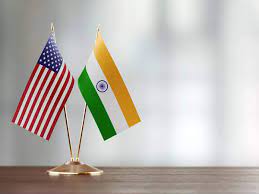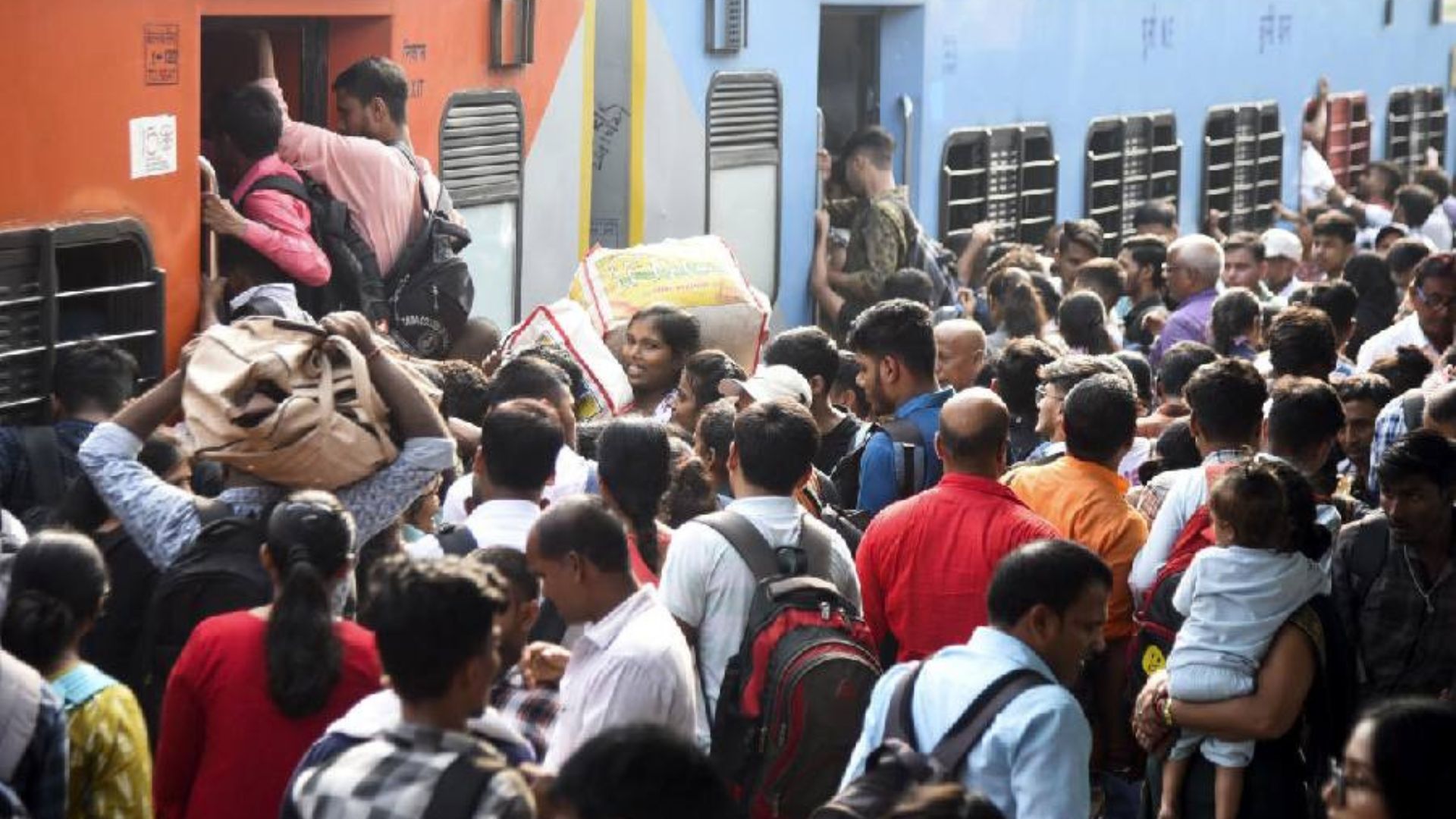
The Indo-Pacific Oceans Initiative (IPOI) was proposed by the Indian Prime Minister at the East Asia Summit in Bangkok in 2019, to actualize India’s Indo-Pacific Vision which calls for a free, open, inclusive, peaceful, and prosperous region by promoting rules-based order. The IPOI should be viewed as an extension of the Act East Policy and SAGAR vision (Security and Growth for all in the region) since it is broader in scale and scope and seeks to leverage partnerships with regional and extra-regional stakeholders. This reflects South Block’s pragmatism since the onerous regional objectives of the initiative i.e., maritime security, blue economy and capacity building projects, free trade, and connectivity promotion along with disaster management and technological aid, cannot be realised by a single nation. As India externalizes more to raise her strategic profile and become a force for the global good, the waters ahead seem choppy, with an increased Chinese regional footprint, a lack of international commitment, mutual understanding with like-minded partners, and domestic infirmities.
China remains the challenge for maritime security of many nations in the region, including India. The former besides being a constant irritant for India in the Himalayas is steadily becoming a concern in the Indian Ocean, with its naval base in Djibouti and blue water navy which at times she has leveraged to intrude into India’s exclusive economic zone, stoking official fears regarding surveillance of seabed minerals and military motives. Delhi first needs to address China’s presence in her backyard and increase the frequency of joint patrols in the South China Sea, before attempting to balance Beijing’s strategic footprint in the broader region.
Through the IPOI, India also intends to work on non-traditional security issues ranging from Climate Change and piracy to drug trafficking and illegal unreported and unregulated (IUU) fishing. The Indian Ocean, too, is now becoming a victim of IUU which might well increase given the absence of regulatory mechanisms and market profitability amidst Chinese subsidization of bottom trawlers. Compounding this is the international community’s laxity regarding ratifying and enforcing the UN’s maritime security-related conventions, including the International Ship and Port Facility Security Code and the UN Convention against Transnational Organised Crime. Compliance with the two conventions has remained elusive due to national legislative flaws, and inadequate fiscal and administrative resources. The lack of global financial support for the International Maritime Organization’s Trust Fund adds to the misery. Similarly, the objectives set by the Conference of Parties for dealing with climate change have been hamstrung in the face of the West’s unwillingness to fulfil its climate finance commitments. These issues furthered the salience of maritime domain awareness. Quad’s recent initiative in this regard seems promising but the progress would depend on the avoidance of duplication of efforts since each member has her regional fusion centre. Coalescing, analysing, and disseminating large sets of data in real-time remains a formidable task in times when dark shipping is on the surge.
Contrary to the initiatives’ objective of promoting regional economic integration, India has opted out of the Regional Comprehensive Economic Partnership (RCEP) and the trade pillar of the Indo-Pacific Economic Framework (IPEF), amidst a push for local manufacturing. Notwithstanding Delhi’s reasoning for staying out of the two agreements, it doesn’t escape the fact that being part of RCEP and IPEF would not only have served to balance the Chinese economic footprint in the region, but also make our industries competitive, which remains an imperative, apparent by the post-pandemic shift in operations of many multinational firms which preferred Vietnam and Bangladesh and India’s less than a two percent share in global exports.
Japan has agreed to partner with India in connectivity projects. Herein it’s important to consider the case of the bilateral initiative—the Asia-Africa Growth Corridor, which has struggled due to a lack of experience in joint projects, incoherent investment strategies, and asymmetry in technical expertise. This reflects the need for a much better understanding of each other if the connectivity projects of IPOI are to strike a chord. Besides, bureaucratic red-tape has always marred the pace of India’s infrastructure projects, including the national Sagarmala Project. It remains unclear how the Indian government can develop maritime infrastructure in the Indo-Pacific when national port modernisation projects have struggled with structural and technological issues.
Stakeholders of the region must work in tandem for the common pursuit of peaceful and prosperous geography, wherein value-based symmetries and economic interlinkages should be resolute enough to deal with common challenges. India has a lot at stake as the progress of the IPOI could serve as a barometer of her perceived value in the region. She must focus on reinforcing “bridges of friendship” to jointly promote welfare across the geostrategic continuum.

Araudra Singh is an author and a Master’s student at O.P Jindal Global University.















